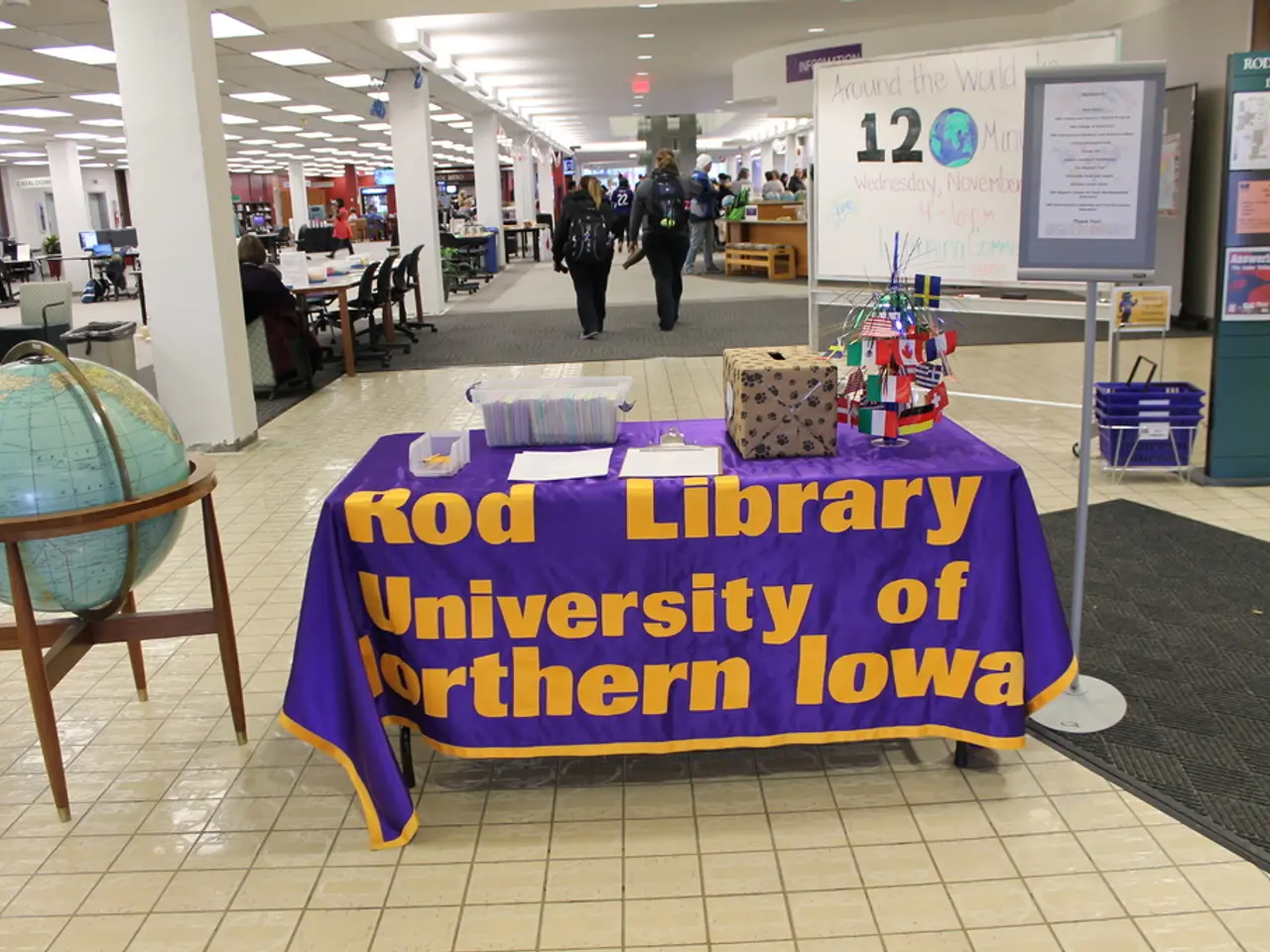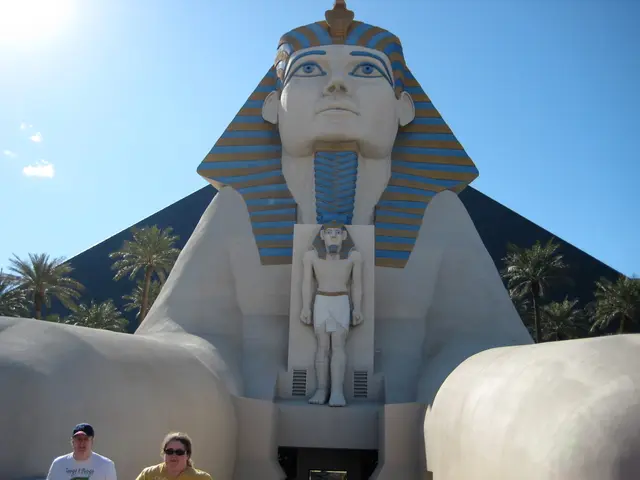Middle Eastern Countries endorse UN's Tourism Blueprint, positioning the region as a frontrunner in Educational and Sports Tourism.
The Middle East Shines as Global Tourism Pacesetter Post-Pandemic
2024 saw the Middle East asserting its position as the world's fastest-recovering region from pandemic impacts, a feat recognized by UN Tourism Secretary-General Zurab Pololikashvili. Qatar, in particular, was lauded for its targets in welcoming 6 million tourists annually and boosting tourism's contribution to GDP to 12%.
Pololikashvili opined, "The Middle East is an exciting hotspot for tourism. It's a trailblazer in luxury, wellness, and sports tourism and is driving critical investments and training for millions of future tourism professionals."
The Middle East: Tourism's Educational Vanguard
Secretary-General Pololikashvili and the Regional Director for the Middle East, Pololikashvili's focus in UN Tourism centred around supporting regional Members in fostering talent via education and professional development. Key accomplishments include:
- More than 30,000 students - around 50% women - have enrolled in the UN Tourism Online Academy, featuring 50 courses from 18 academic partners.
- The United Arab Emirates is implementing the UN Tourism Education Toolkit for High Schools.
- 10 new courses have been added to the Human Capital Development by E-Learning Project, with Saudi Arabia, and the platform has been upgraded with AI integration.
UN Tourism, alongside its Member States, is spearheading education-focused activities across the region. For instance, Saudi Arabia's Riyadh School of Tourism and Hospitality is training professionals equipped to drive the sector forward.
Sports Tourism: A Cornerstone of Economic Diversification
In Doha, the critical role of sports tourism as a tool for economic diversification was emphasized, with the successful Qatar FIFA World Cup 2022 serving as a template for other destinations.
Significant sports events like Formula 1 races in Bahrain, the United Arab Emirates, and the Dakar rally in Saudi Arabia, along with major football player and team acquisitions, cemented the Middle East's position as a global sports and sports tourism force. These developments were further underscored by a conference on Sports Tourism and the Tourism Industry Post-World Cup.
UN Tourism reinforced its mission to bolster resilience and generate opportunities through diversification by emphasizing wellness and gastronomy tourism's potential for the region and rural development and cultural heritage.
Regional Harmony and Collaboration
Member States ratified key appointments for the upcoming years, confirming Kuwait as Chair of the Regional Commission for 2025-27, Qatar as first Vice-Chair, and Iraq as second Vice-Chair. Egyptian and UAE representatives will sit on the UN Tourism Executive Council (2025-29).
The Kingdom of Saudi Arabia will join the Committee on Tourism Online Education (2025-29), and the UAE will be part of the Technical Committee for the International Code for the Protection of Tourists for the same duration.
Finally, Members agreed on hosting the 52nd Regional Commission for the Middle East in Kuwait, Kuwait, in 2026.
Relevant Links
UN Tourism: Regional Department for the Middle East (Access more details about the Middle East's strides in tourism development post-pandemic.)
(Sources: United Nations World Tourism Organization, Gulf Business, Arabian Business, Zawya, Al Arabiya, UN News)
(Insights: The MENA region's exceptional growth in tourism post-pandemic signifies a strong recovery and rising prominence. Tourism growth drives direct socio-economic benefits, and the region invests in education and workforce development to maintain sustainable industry growth.)
- Secretary-General Pololikashvili emphasized the Middle East's role as an educational vanguard in tourism, focusing on fostering talent through online education and professional development.
- More than 30,000 students, including around 50% women, have enrolled in the UN Tourism Online Academy, offering various courses from 18 academic partners.
- The United Arab Emirates is implementing the UN Tourism Education Toolkit for High Schools to prepare future tourism professionals.
- Singapore, Saudi Arabia, and the Human Capital Development by E-Learning Project have added 10 new courses with AI integration to further enhance the platform.
- The Riyadh School of Tourism and Hospitality in Saudi Arabia is training professionals to drive the sector forward.
- Sports tourism, demonstrated by the successful Qatar FIFA World Cup 2022, serves as a critical tool for economic diversification in the Middle East, which has also hosted Formula 1 races and the Dakar rally.
- The UN Tourism Commission is collaborating with Member States to bolster resilience and generate opportunities through diversification, emphasizing the potential of wellness, gastronomy, rural development, cultural heritage, and learning opportunities offered by online education in the region.







